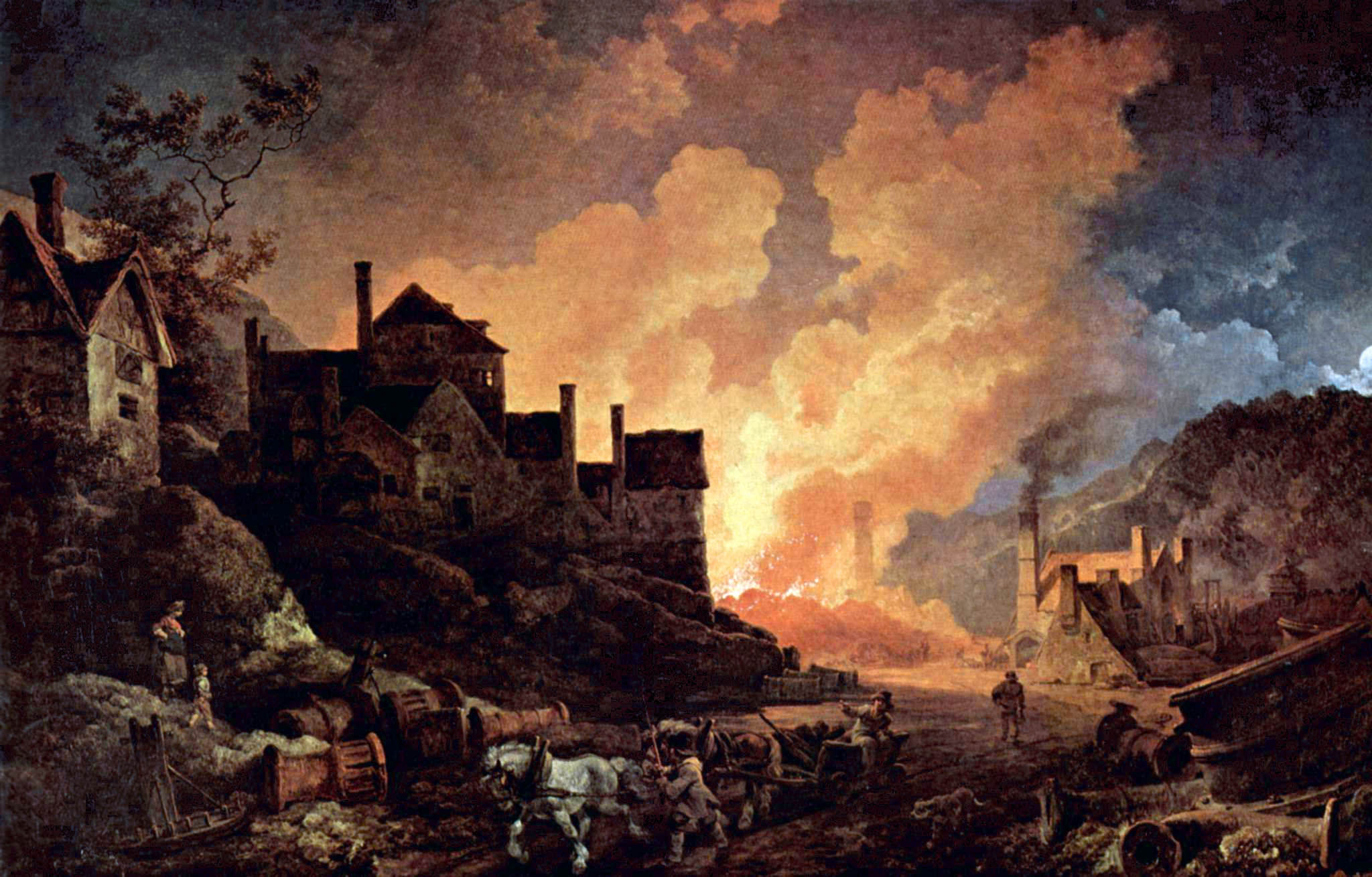At least once a week, I come across a column by a conservative (or even supposedly “libertarian-leaning”) writer whose usual beat runs the gamut from “government is too big” to “taxes are too high” to “regulations are too onerous” to “by golly, America is turning into [insert Totalitarian Regime of the Week here] because Marxists have been running the show for decades!”
This particular column, however, is very different. It’s a paean to some miracle of the modern world — the vacuum cleaner, perhaps, or the Big Mac, or the iPad, or on-demand food delivery — and to the “free market” or “free enterprise system” which led to that miracle.
At least once a week, I come across a column by a progressive (or even supposed “socialist”) writer whose beat usually runs the gamut from “government is ineffectual” to “we need to tax the rich more” to “the corporations are running amok due to insufficient regulation and lax enforcement” to “by golly, America is turning into [insert Notorious Environmental Hellhole and Open Plutocracy of the Week here] because libertarians have been running the show for decades!”
This particular column, however, is different. it’s a paean to some miracle of the modern world — the near-disappearance of urban smog due to the Clean Air Act, perhaps, or wind and solar power coming up fast in fossil fuels’ rearview mirror due to legislation focused on climate change, or the construction of “affordable housing” using government grants — and to the decades of progressive initiatives which led to that miracle.
Well, which one is it, conservative? Do we live in an ever-worsening Marxist dystopia that stifles innovation, or in a “free market”/”free enterprise” system?
And which one is it, progressive? Do we live in an ever-worsening libertarian dystopia that destroys the environment and impoverishes the poor to satisfy the greedy rich, or in a society substantially shaped by the New Deal, the War on Poverty, and other progressive programs?
The answer to both questions is: Both, sort of.
The present situation — all of it — is a consequence of our past actions — all of them.
Maybe we’d have come up with the vacuum cleaner, the Big Mac, the iPad, cleaner air, solar panels and wind turbines, etc. no matter what. Or not if things had gone in different directions.
All we can really know is that we DID come up with them in the real world with its real history, elements of which resemble both the dystopian low points and utopian high points of the conflicting worldviews I see in those odd “departure from form” op-eds.
The big question is: Where are we going next? Where we are and where we have been will determine that as well.
Thomas L. Knapp (Twitter:@thomaslknapp) is director and senior news analyst at the William Lloyd Garrison Center for Libertarian Advocacy Journalism (thegarrisoncenter.org). He lives and works in north central Florida.
PUBLICATION/CITATION HISTORY



